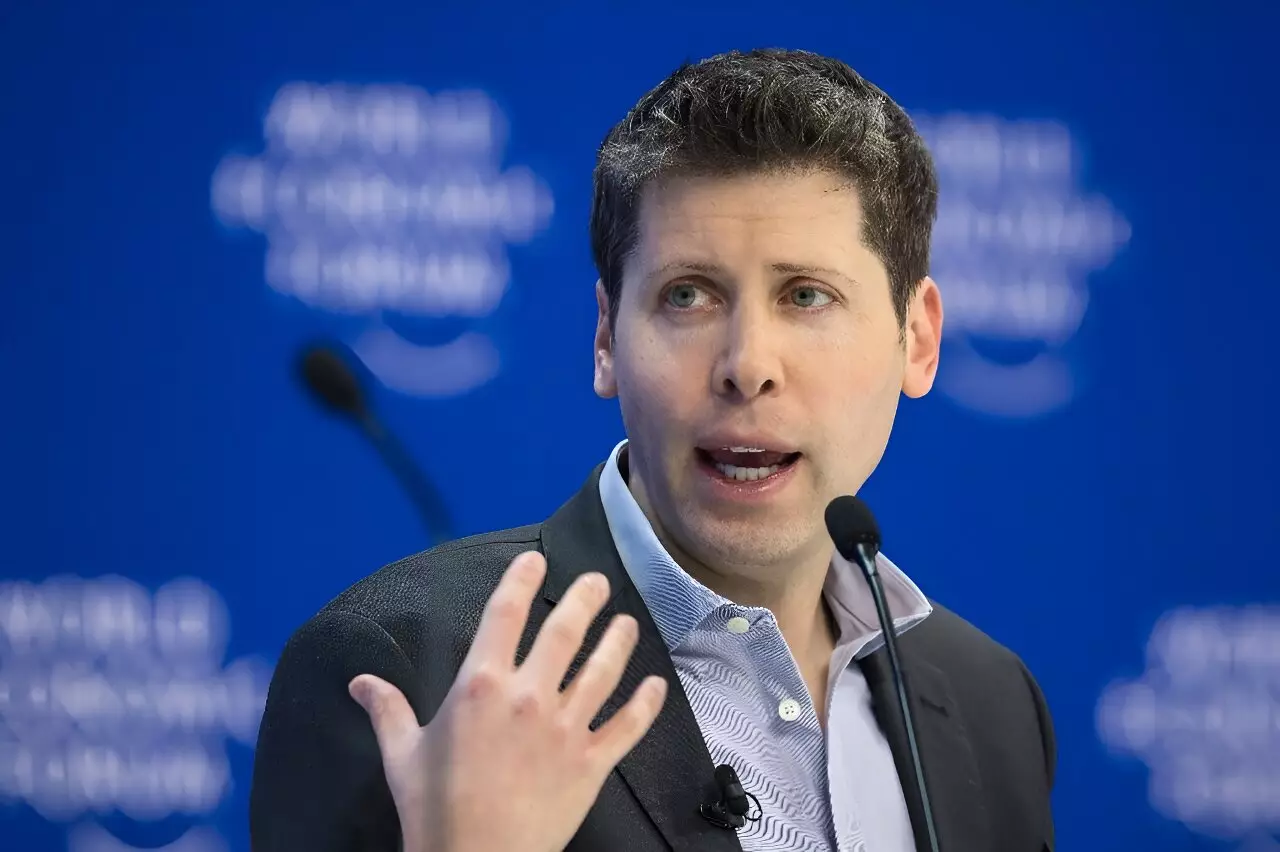The global semiconductor industry is facing significant challenges, and OpenAI chief Sam Altman is determined to address them head-on. Altman is seeking to raise trillions of dollars to reshape the industry and has already engaged in talks with potential investors, including the UAE government. His goal is to solve the major hurdles hindering the rapidly-expanding artificial intelligence sector, such as the scarcity and high cost of computer chips necessary for powering large-language models like OpenAI’s ChatGPT.
At present, a handful of companies dominate the chip industry, namely Taiwan Semiconductor Manufacturing Company (TSMC) and US-based NVIDIA. The concentration of power in the hands of a few firms has created a bottleneck, making it difficult for the AI sector to access the necessary chips for its advancements. This scarcity has propelled Altman to take action and seek financial support on an unprecedented scale.
While various countries have announced plans to bolster domestic chip production, the monetary support they have offered does not compare to the vast sums of money Altman is pursuing through his discussions with investors. The potential cost of realizing Altman’s project has been estimated at a staggering $7 trillion, surpassing the combined market value of tech giants Apple and Microsoft. These astronomical figures underscore the magnitude of Altman’s vision and the level of investment required to achieve it.
OpenAI has actively engaged with industry leaders and governments in its mission to revolutionize the semiconductor industry. Altman’s meetings with senior government officials from the United Arab Emirates and SoftBank’s chief executive Masayoshi Son demonstrate the level of interest and support garnered for this ambitious endeavor. Altman has also held talks with representatives from TSMC, a prominent player in the chip manufacturing space.
According to an OpenAI spokesperson, the company has had productive discussions regarding the expansion of global infrastructure and supply chains for various crucial components, including chips, energy, and data centers. They also emphasized the importance of keeping the US government informed about these developments, aligning with broader national priorities.
One of Altman’s proposed strategies involves building numerous chip-fabrication plants over the next few years, with funding from Middle Eastern investors. These plants would then be operated by TSMC. This approach could help overcome the challenges posed by chip scarcity while also laying the foundation for a more diverse and resilient semiconductor industry.
Altman’s journey has not been without its ups and downs. Despite rising to prominence following the successful launch of ChatGPT, Altman faced a brief termination from his post at OpenAI in November. Nevertheless, he was quickly rehired after a strong show of support from both staff and investors.
The ambitious plan to reshape the global semiconductor industry is underway, led by OpenAI chief Sam Altman. With trillions of dollars on the line and discussions with potential investors already in progress, Altman aims to address critical challenges faced by the AI sector. By increasing chip production and widening supply chains, his vision for the future of the semiconductor industry could unlock immense potential for innovation and development.


Leave a Reply